
Cancer Network spoke with Daniel McFarland, DO, of Memorial Sloan Kettering Cancer Center, about building programs to prevent burnout and suicide in oncology providers.

Your AI-Trained Oncology Knowledge Connection!


Cancer Network spoke with Daniel McFarland, DO, of Memorial Sloan Kettering Cancer Center, about building programs to prevent burnout and suicide in oncology providers.

Cancer Network spoke with Chiara Cremolini, MD, about the updated results of the phase III randomized strategy study TRIBE2, which looked at the first- and second-line treatment of unresectable metastatic colorectal cancer.
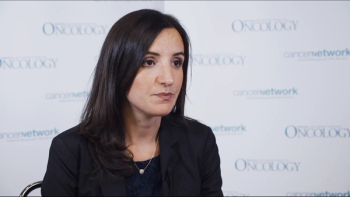
Cancer Network spoke with Hala Borno, MD, of the University of California, San Francisco, about addressing the disparities in access to clinical trials and treatments for patients with prostate cancer.
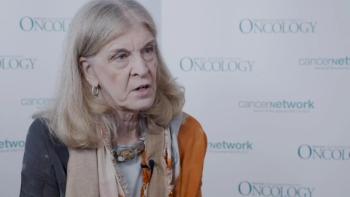
Cancer Network spoke with Patricia Eifel, MD, of the University of Texas MD Anderson Cancer Center, about the current shifts in the treatment of cervical cancer.

Data from the largest randomized neoadjuvant trial in resectable stage IIIB–IVM1a melanoma to date were presented at ASCO 2019.

The investigators looked at whether whole-brain radiotherapy improved outcomes in patients with melanoma brain metastasis.

A large international study looked at whether pregnancy is safe after breast cancer for women who have a BRCA mutation.
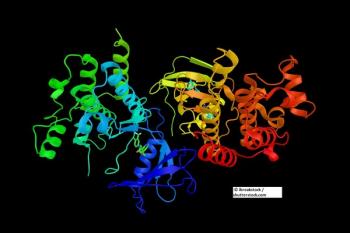
COMBI-i tested the anti–PD-1 antibody spartalizumab in combination with dabrafenib and trametinib in previously untreated patients with advanced BRAF V600–mutant melanoma.
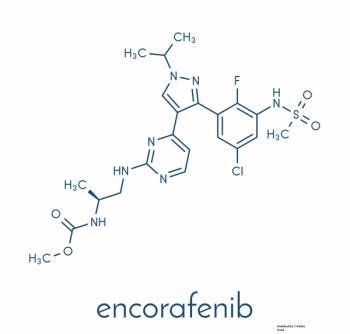
The updated survival results from the COLUMBUS trial represent a promising new treatment option for patients with BRAF V600–mutant melanoma.

A phase III study comparing the efficacy and safety of nivolumab plus an experimental interleukin-2–based drug vs nivolumab alone in patients with metastatic melanoma is now enrolling patients.
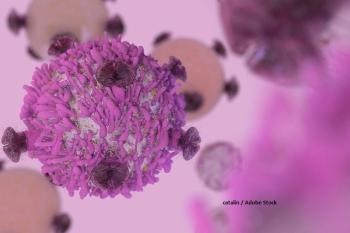
Researchers tested standard-dose pembrolizumab plus ipilimumab at 50-mg or 100-mg doses in patients with previously untreated advanced melanoma.
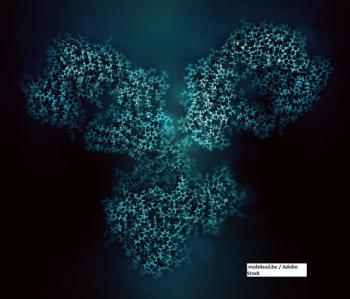
Researchers tested a combination regimen of bevacizumab with carboplatin and paclitaxel as a first-line treatment for patients with advanced mucosal melanoma.

The phase III CheckMate 067 study looked at patient-reported quality-of-life outcomes in patients with advanced melanoma undergoing immunotherapy treatment.
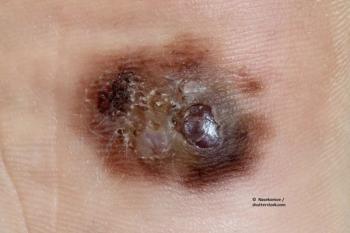
Investigators are now enrolling patients for a phase III trial, KEYNOTE-716, to assess the efficacy and safety of adjuvant pembrolizumab in adult and pediatric patients with surgically resected high-risk stage II melanoma.

Investigators are now enrolling for a phase III trial testing the experimental immunotherapy tilsotolimod plus ipilimumab in patients with advanced melanoma who have progressed on anti–PD-1 therapy.
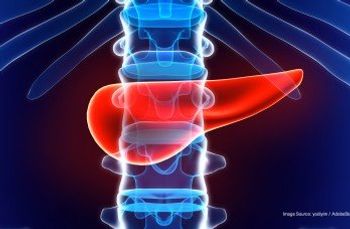
Data presented at ASCO 2019 suggest that a PARP inhibitor yields a clinically meaningful improvement in PFS in metastatic pancreatic cancer patients with a germline BRCA mutation.

Researchers tested the novel oral fluoropyrimidine derivative S-1 plus oxaliplatin vs S-1 plus cisplatin in patients with diffuse-type or mixed-type advanced gastric adenocarcinoma.
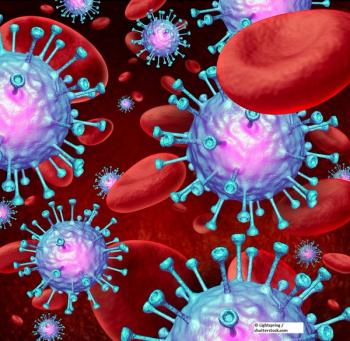
The phase III KEYNOTE-048 study compared pembrolizumab plus chemotherapy vs the EXTREME regimen in patients with recurrent/metastatic head and neck cancer.

A new agent that targets Nectin-4, a protein found in 97% of urothelial cancers, may be an option for patients with locally advanced or metastatic forms of urothelial cancer.

The results come from a survey administered to physician members of the Society of Gynecologic Oncology.
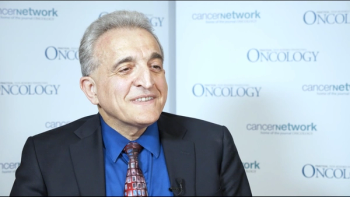
Cancer Network spoke with Mehmet Sitki Copur, MD, FACP, medical oncologist at the Morrison Cancer Center, about the most exciting research presented at ASCO in 2019.

Data from the randomized OSLO-COMET trial were presented at ASCO 2019, revealing the survival of laparoscopic vs open surgery for liver metastases in colorectal cancer.
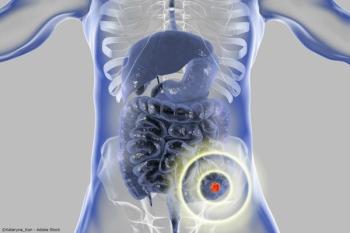
A longer progression-free survival with FOLFOXIRI plus bevacizumab was noted in patients with metastatic colorectal cancer with poor prognosis.

Researchers are reporting that previous racial disparities in timely cancer treatment between African American and white patients practically disappeared in states where Medicaid access was expanded under the ACA.

The MONALEESA-7 trial tested the combination of ribociclib with endocrine therapy in premenopausal women with advanced HR-positive/HER2-negative breast cancer.
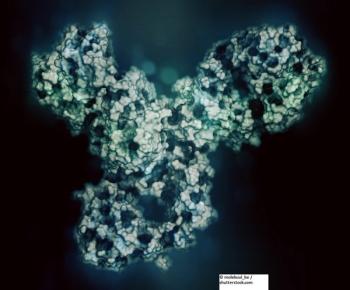
Select patients with advanced gastric or gastroesophageal junction cancer may benefit from initial therapy with pembrolizumab, according to the KEYNOTE-062 trial.

Ahead of the ASCO Annual Meeting, we discuss the use of germline testing and PARP inhibitors in patients with breast cancer with Jennifer K. Litton, MD.

Ahead of the ASCO Annual Meeting, we discuss the assessment and management of cytokine release syndrome in patients with cancer with Elizabeth Shpall, MD.

Ahead of the ASCO Annual Meeting, we discuss the use of cannabis as a palliative treatment in patients with cancer with Claude Cyr, MD.

Ahead of the ASCO Annual Meeting, we discuss the use of genomic profiling to guide treatment decisions for ER+ breast cancer patients with Harold J. Burstein, MD, PhD.